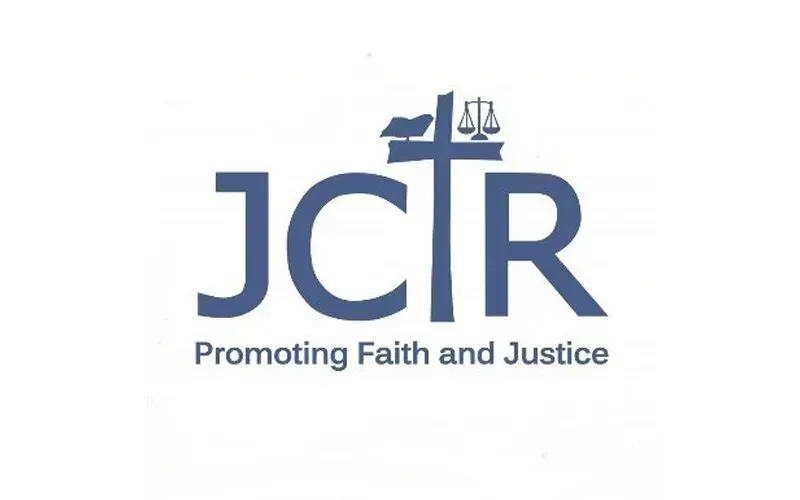Lusaka, 16 January, 2022 / 4:00 pm (ACI Africa).
The decision by the Electoral Commission of Zambia (ECZ) to cancel the Kabwata Constituency by-elections after one of the candidates withdrew from the polls is a reason for the Southern African country to review its Constitution, officials of the Jesuit Centre for Theological Reflection (JCTR) have said.
On Monday, January 10, ECZ reportedly called off the Kabwata by-elections after one of the contestants, Libanda Francis, withdrew from the race. ECZ officials are said to have invoked Article 52(6) of the Zambian Constitution, which calls on the electoral body to cancel a poll when a candidate withdraws, dies, becomes disqualified for corruption or malpractice or where a court bars a contestant from participating in an election.
After a poll is cancelled, Article 52(6) requires fresh nominations of eligible candidates and organizing a new election within 30 days after the list of new nominations is filed.
In a Thursday, January 13 statement, JCTR members say they note “with great concern the continued existence of ambiguities with regard to the current constitution, its interpretation, and more specifically, in this case, the weaknesses of Zambia’s electoral processes.”
“It is a known fact that with the current electoral legal framework, Zambia’s political system remains vulnerable to inconsistencies and unnecessary wastage of public resources,” JCTR officials say.








